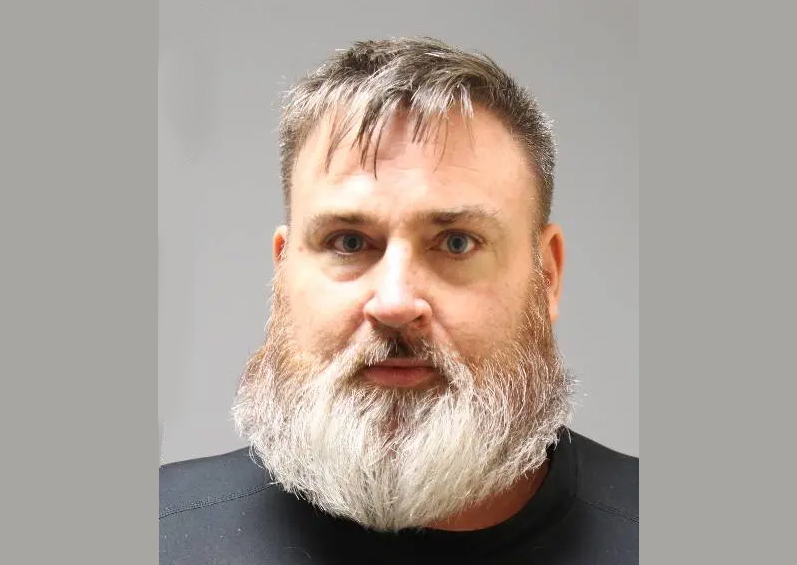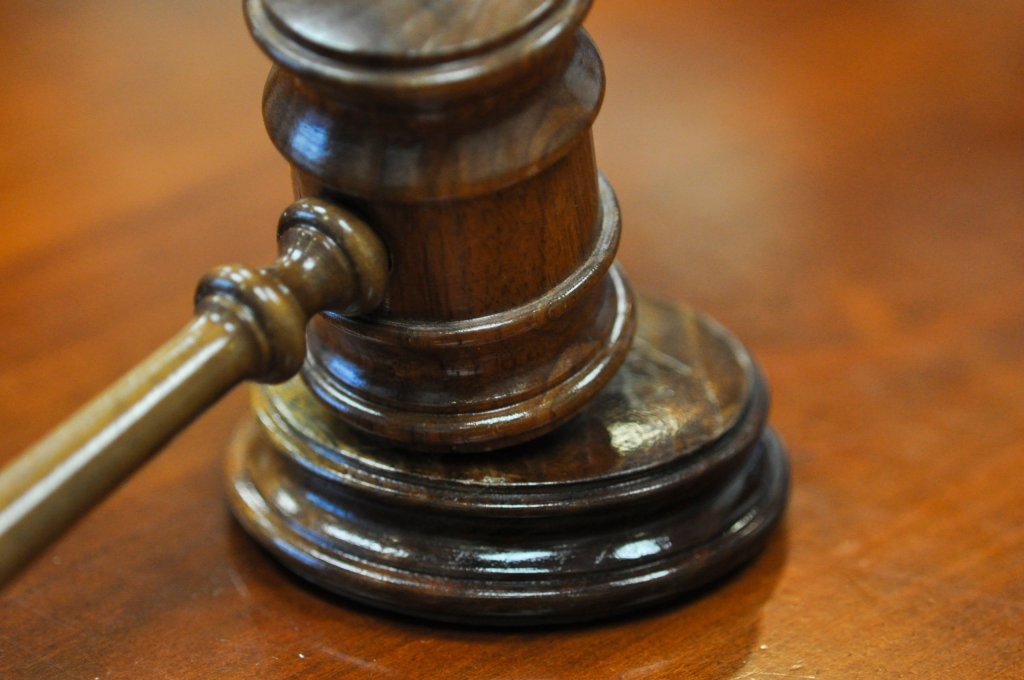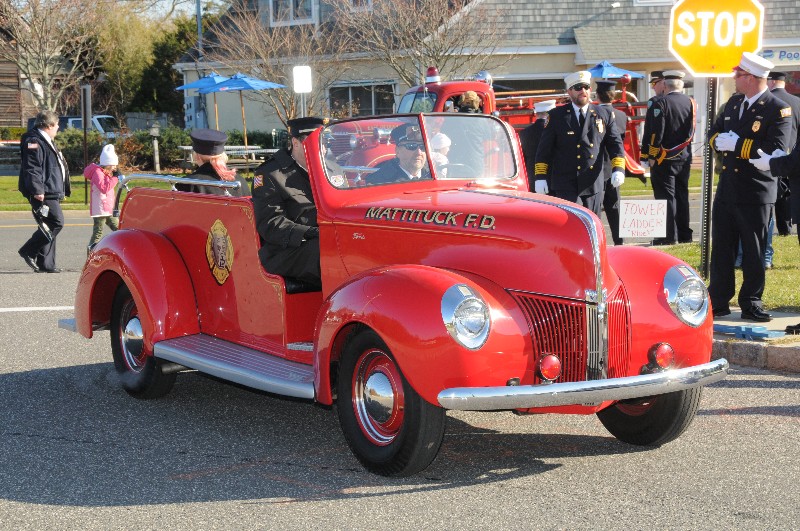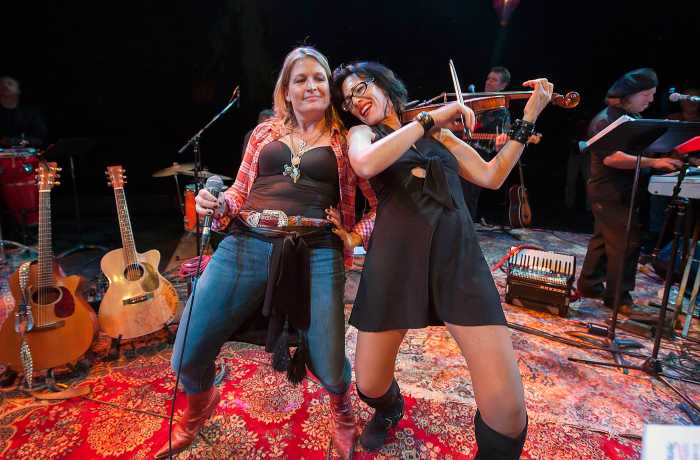Sag Harbor Man Who Received Facebook Apology 35 Years Later Speaks
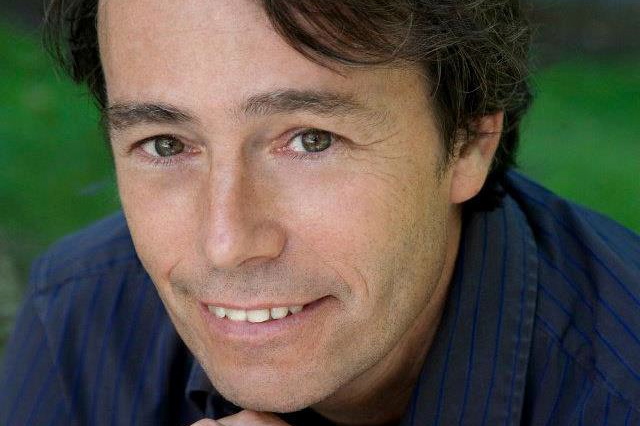
Claude Soffel, a Sag Harbor resident who became an internet sensation after he graciously accepted an apology from a man who mugged him 36 years earlier, says their encounter in New York City decades ago was typical for that time.
The apology from Michael Goodman, who mugged him for his bus pass when they were teenagers, came to be by chance, according to Soffel.
“Michael did not necessarily seek me out,” he says. “It was a completely happenstance side group type of thing on Facebook about the ’70s on the Upper West Side of Manhattan, where we both grew up.”
Soffel had commented on the closing of a bagel shop they has both enjoyed, H&H Bagels. Goodman saw the Facebook comment and recognized Soffel’s name. He decided to comment back with an apology for the crime that has haunted him all these years.
But Goodman did not know when he reached out that Soffel is a professional life coach for men. “It’s really my life’s work to help other men make the honorable choice,” Soffel says. The more honorable choice is always, on the surface, the more difficult one, he says. His business, The Braveheart Institute, is based in Sag Harbor.
The mugging, in the winter of 1976-77, happened on the steps of the The Museum of Natural History.
Soffel says the incident was not violent, but it was “very emblematic of an era.” Seeing Goodman’s comment on Facebook, “that whole era, that whole world came rushing back to me.”
“I saw a lot of crazy stuff—as did he—during that time,” Soffel says.
Before he replied to Goodman, he says he had to regroup and give some thought to how he wanted to respond.
He recalls the incident: “Because I was a skinny little kid and saw a lot of crime and avoided a lot of crime, my radar was up. As soon as he as headed toward me I knew something was up.”
Soffel was an eighth-grader at the time, and Goodman is a year older and was much bigger.
Goodman demanded Soffel’s bus pass—which Soffel says everybody carried in those days—and a man in an overcoat snagged Goodman immediately after Soffel handed over the pass. The man in the overcoat turned out to be a cop. “He was arrested on the spot, and that kind of froze this moment in time,” Soffel says.
It was not the only time in his life Soffel has been the victim of a crime—though this is the first time he’s received an apology.
“Though he, in the short version of the story, is the criminal and I’m the victim, it’s really not that clear cut,” Soffel says. “We’re both, in a sense, victims of a crime.”
He admits that he was skipping school that day, and Goodman admitted in his apology that he only mugged Soffel to prove to someone he was a “tough guy.”
Soffel commented back to Goodman on Facebook, accepting the apology and saying they should now both put the incident in its proper place, “behind us.”
Soffel says he did not really understand what the word “viral” meant until their story took off. “Now that this has gone viral, I’m getting a lot of letters and talking a lot about it.”
He has been interviewed by news outlets all over the country, and the world, like BBC London Radio. He’s also received letters from priests and imams, plus many women who are saying that he restored their faith in men and showed “they can be honorable to each other.”
“Michael and I both agree we couldn’t have written a better script or better message to give to the world,” Soffel says, adding that they are becoming friends the same way two victims of an accident might, and have spoken on the phone a number of times.
